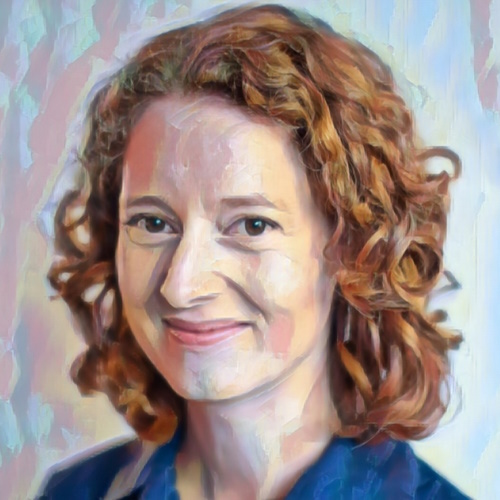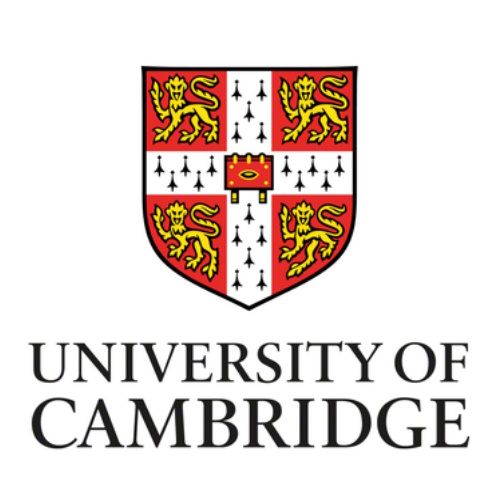Key points from article :
Cambridge researchers are exploring diverse approaches to ageing and age-related diseases. They study long-lived animals, DNA repair, protein aggregation, and cellular reprogramming to understand how to potentially delay or even reverse ageing in humans. While extending lifespan is not the primary goal, their research seeks to improve healthspan and allow people to live healthier for longer.
About the researchers:
Dr. Alex Cagan:
- Studies DNA mutations in long- and short-lived species.
- Aims to understand why some species like whales live 200 years while others, like mice, live only 3.
- Hopes to unlock DNA repair secrets of long-lived species for potential human application.
Professor Ewan St. John Smith:
- Researches naked mole-rats, long-lived rodents with low cancer risk.
- Compares DNA damage response mechanisms in whales and other large animals with low cancer rates.
- Believes understanding cancer resistance in long-lived species could lead to new cancer prevention strategies.
Dr. Janet Kumita:
- Investigates protein aggregation in the brain, linked to neurodegenerative diseases like Alzheimer's.
- Studies how naked mole-rats' brains stay healthy despite long lifespans.
- Aims to identify and target protein aggregates to prevent dementia in humans.
Dr. Delphine Larrieu:
- Researches progeria syndrome, a rare disease causing premature ageing in children.
- Identified genes to improve nuclear envelope structure and function, potentially rejuvenating cells.
- Focuses on cellular reprogramming to reverse ageing, but emphasizes safety and avoiding cancer risks.
Together, the researchers contribute to a comprehensive understanding of ageing, with potential implications for human health and longevity.






